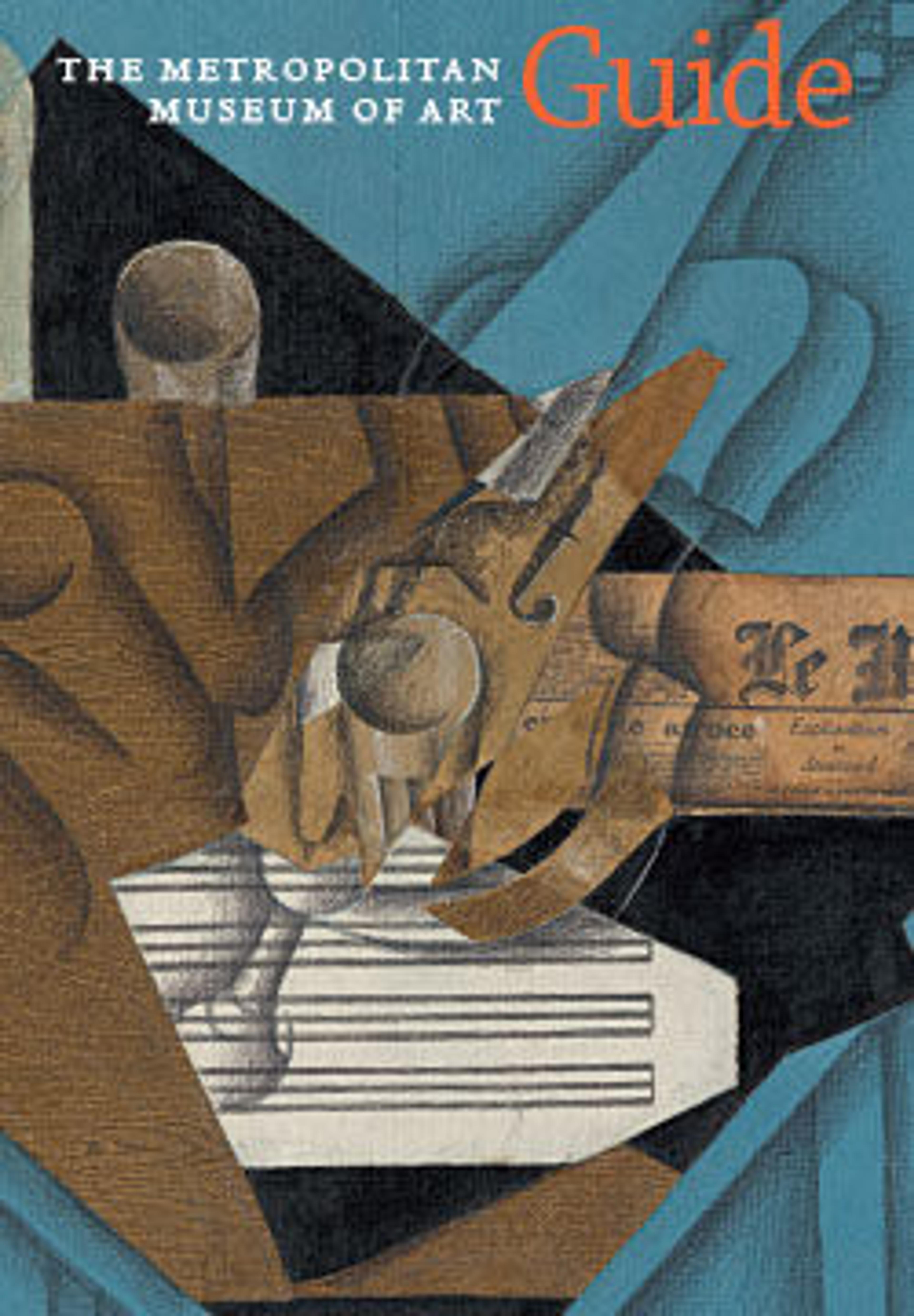English
Leaf from a Beatus Manuscript: at the Clarion of the Fifth Angel's Trumpet, a Star Falls from the Sky; the Bottomless Pit is Opened with a Key; Emerging from the Smoke, Locusts Come Upon the Earth and Torment the Deathless
Illustrated Beatus manuscripts bring to life an extraordinary vision of the end of the world, as recorded by Saint John in the Apocalypse (Book of Revelation) and filtered through the lens of Beatus of Liébana, an eighth-century Asturian monk. These manuscripts are unique to medieval Spain and a testament to the pervasive artistry and intellectual milieu of monastic culture there. The leaf shown here comes from a manuscript disassembled in the 1870s.
The catastrophic events heralded by the fifth angel's trumpet are depicted in this illustration as terrifying and otherworldly: the smoke from the pit darkens the sun, menacing striped locusts sting their victims with scorpion-like tails, and the figures of the undead plead for mercy with closed eyes.
The catastrophic events heralded by the fifth angel's trumpet are depicted in this illustration as terrifying and otherworldly: the smoke from the pit darkens the sun, menacing striped locusts sting their victims with scorpion-like tails, and the figures of the undead plead for mercy with closed eyes.
Artwork Details
- Title: Leaf from a Beatus Manuscript: at the Clarion of the Fifth Angel's Trumpet, a Star Falls from the Sky; the Bottomless Pit is Opened with a Key; Emerging from the Smoke, Locusts Come Upon the Earth and Torment the Deathless
- Date: ca. 1180
- Culture: Spanish
- Medium: Tempera, gold, and ink on parchment
- Dimensions: Overall (folio): 17 1/2 x 11 13/16 in. (44.5 x 30 cm)
Mat: 22 x 16 in. (55.9 x 40.6 cm) - Classification: Manuscripts and Illuminations
- Credit Line: Purchase, The Cloisters Collection, Rogers and Harris Brisbane Dick Funds, and Joseph Pulitzer Bequest, 1991
- Object Number: 1991.232.10
- Curatorial Department: Medieval Art and The Cloisters
More Artwork
Research Resources
The Met provides unparalleled resources for research and welcomes an international community of students and scholars. The Met's Open Access API is where creators and researchers can connect to the The Met collection. Open Access data and public domain images are available for unrestricted commercial and noncommercial use without permission or fee.
To request images under copyright and other restrictions, please use this Image Request form.
Feedback
We continue to research and examine historical and cultural context for objects in The Met collection. If you have comments or questions about this object record, please contact us using the form below. The Museum looks forward to receiving your comments.
